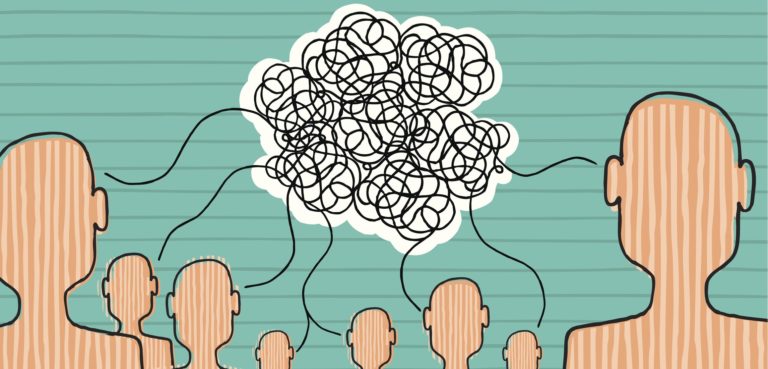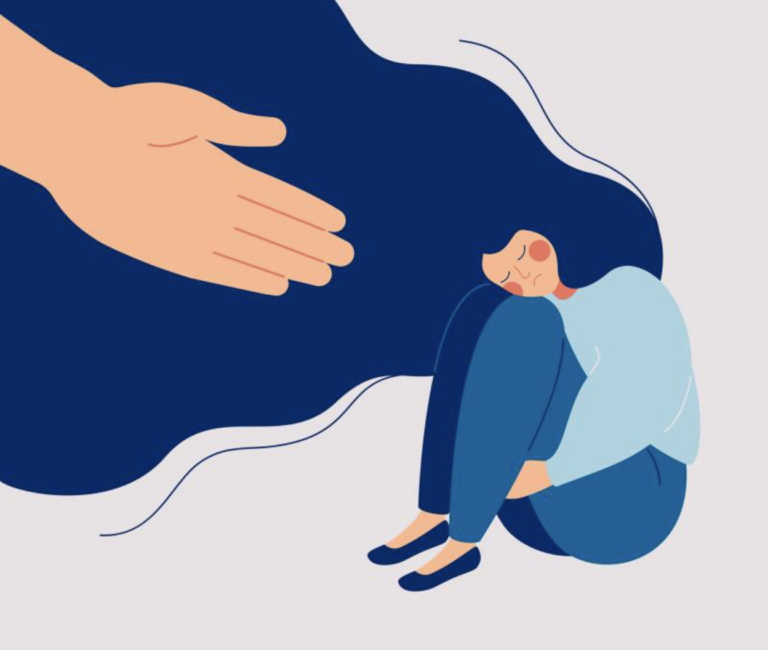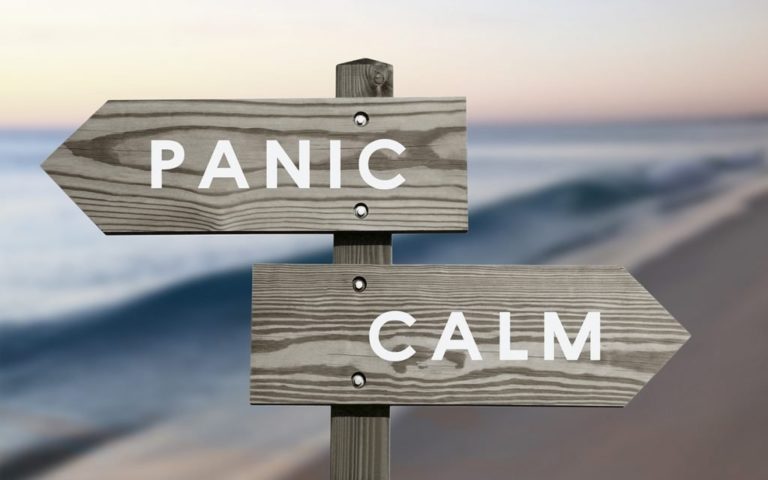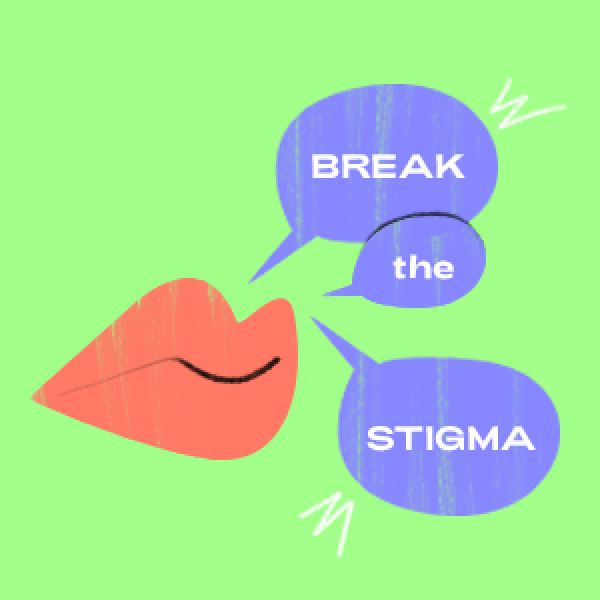Treating Your Emotional Wounds
Referenced Material: https://www.youtube.com/watch?v=F2hc2FLOdhI&pbjreload=10
In the midst of a global pandemic, personal hygiene and physical health have become the priority of millions of Americans for staying safe and healthy. But this isn’t a new occurrence, and our fixation on the health of the body is far older than the newest virus keeping us all at home. For the past 100 years, Americans have become obsessed over making sure our teeth are cleaned, our skin is washed, and our bodies are exercised so that our bodily health is always taken care of. While we can’t even imagine not looking after our bodies, our society does not hold mental and emotional wellbeing to the same importance.
How we usually treat Emotional Wounds
We often neglect to look after our mental health at our best, and at our worst, we can be our own worst enemy by causing ourselves more emotional distress after a mistake. When I get a physical cut, I always make sure to apply antiseptic and grab a bandage. However, when I get an emotional wound, I frequently make it worse for myself. For instance, earlier this year I was working in the school library during study hall when I had to watch a video assignment. I plugged in my earbuds, but before they had connected I hit play and the library got a blast of some Crash Course US History. It was a simple mistake, but I remember telling myself What a fool I am. Everyone must think I’m so clumsy.
Examples like this aren’t an uncommon response to emotional pain, but they couldn’t be more hurtful. Psychologist Guy Winch explains that when we feel rejected, lonely, or depressed, we treat these emotional wounds by hurting ourselves even more. We affirm in our minds that we were never going to fit in or that we’ll never say the right answer, only making the wound deeper. This lowers our self esteem further and encourages these negative emotions to return.
How to Develop Emotional First Aid Skills
Working towards a solution is a concrete way to create emotional resiliency. First, we must pay attention to our minds in order to recognize when we do this to ourselves. It can be hard to detect because we beat ourselves up like this so commonly, but I’ve gradually noticed it more in my own life by keeping my mind open and practicing mindfulness.
Mindfulness is being fully aware of what we are saying, thinking, or doing at a given time, and it can be increased in a variety of ways. Meditation via Headspace or breathing techniques, focusing on the words and emotions that pop up throughout the day, and getting lost in the things you love are all great ways to gain new perspective into our thought processes. Another way is by having a conversation with your emotions. When negative emotions start to bubble up, simply saying “Hey there, Anger” can create some emotional distance where you can evaluate What’s causing this emotion? How does it make me feel? That way, you won’t diminish your emotions, but won’t be beholden to them either.
Catching yourself is the hard part. From there, you can dismantle all the illogical responses you have adopted over the years. Another personal example: I was sitting in chemistry my sophomore year and the teacher asked a question that involved some basic math. I gave it a shot and got the question wrong. Immediately, I started repeating the same negative responses in my head. I’m such a moron. How could I get that wrong?How will I ever be successful if I can’t do multiplication?
If this sounds ridiculous, that’s because it is.
When we commit these simple mistakes, we allow ourselves to believe untrue things about ourselves that confirm our deepest fears. But if we can catch them through mindfulness, it goes from My world is ending! to Oh, I made a mistake.
We undermine our own happiness in so many ways every single day. As I hope I have shown, so many of these sources of stress make no sense once we take a step back and see them from a rational perspective. Changing how we treat emotional wounds may not change what emotions we feel, but by taking these little actions more seriously, we can commit to taking our emotional well being more seriously as well.







